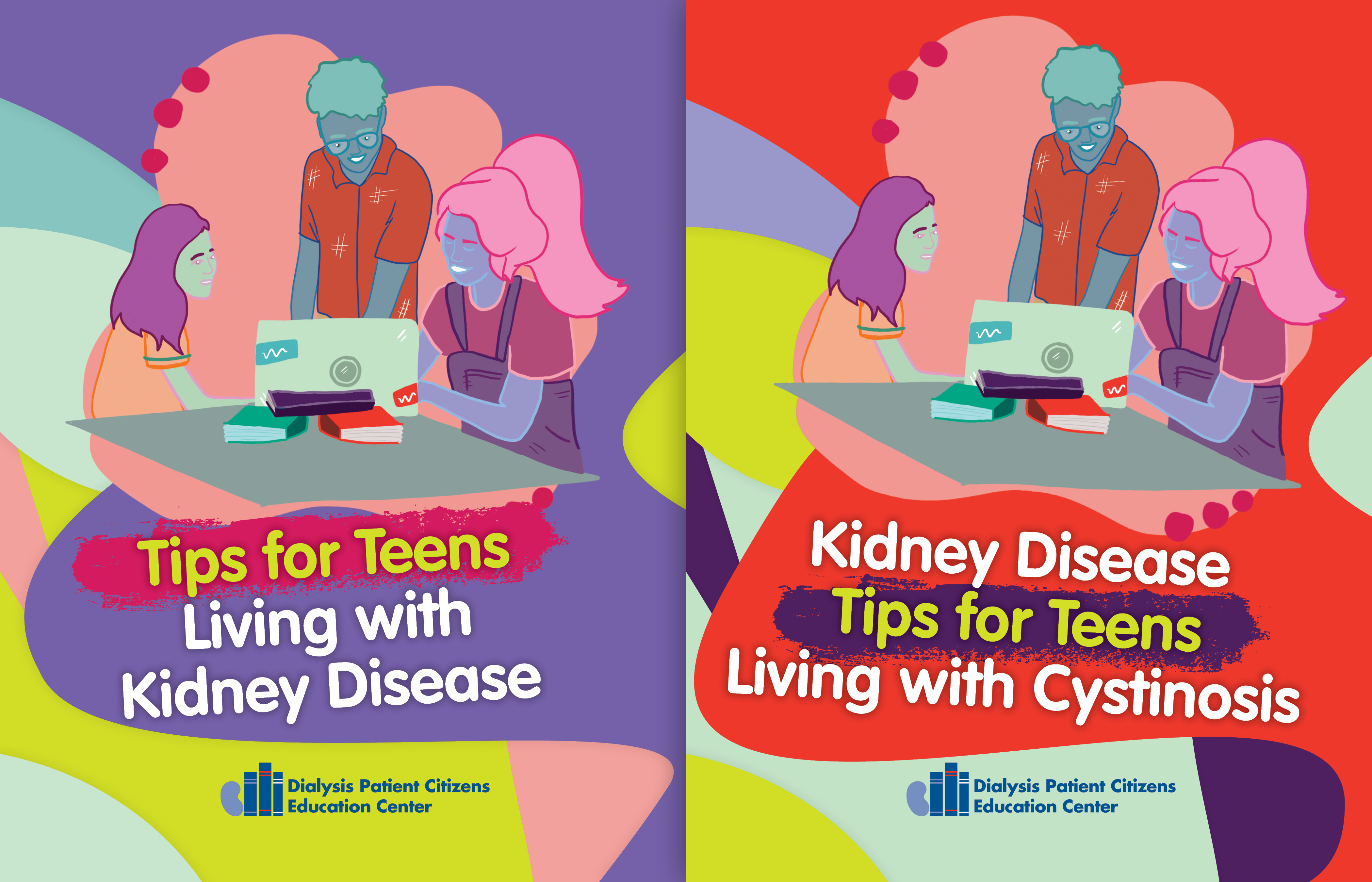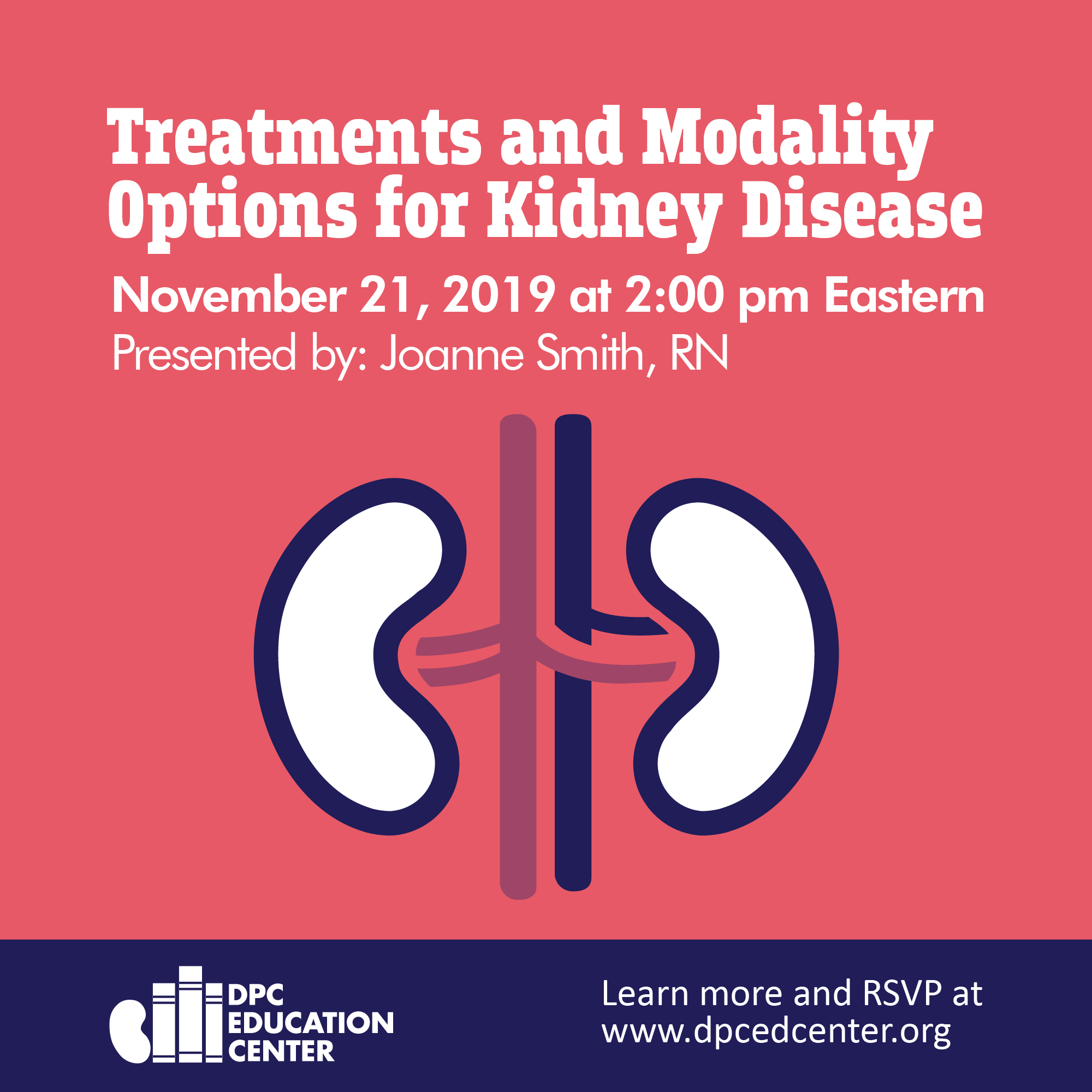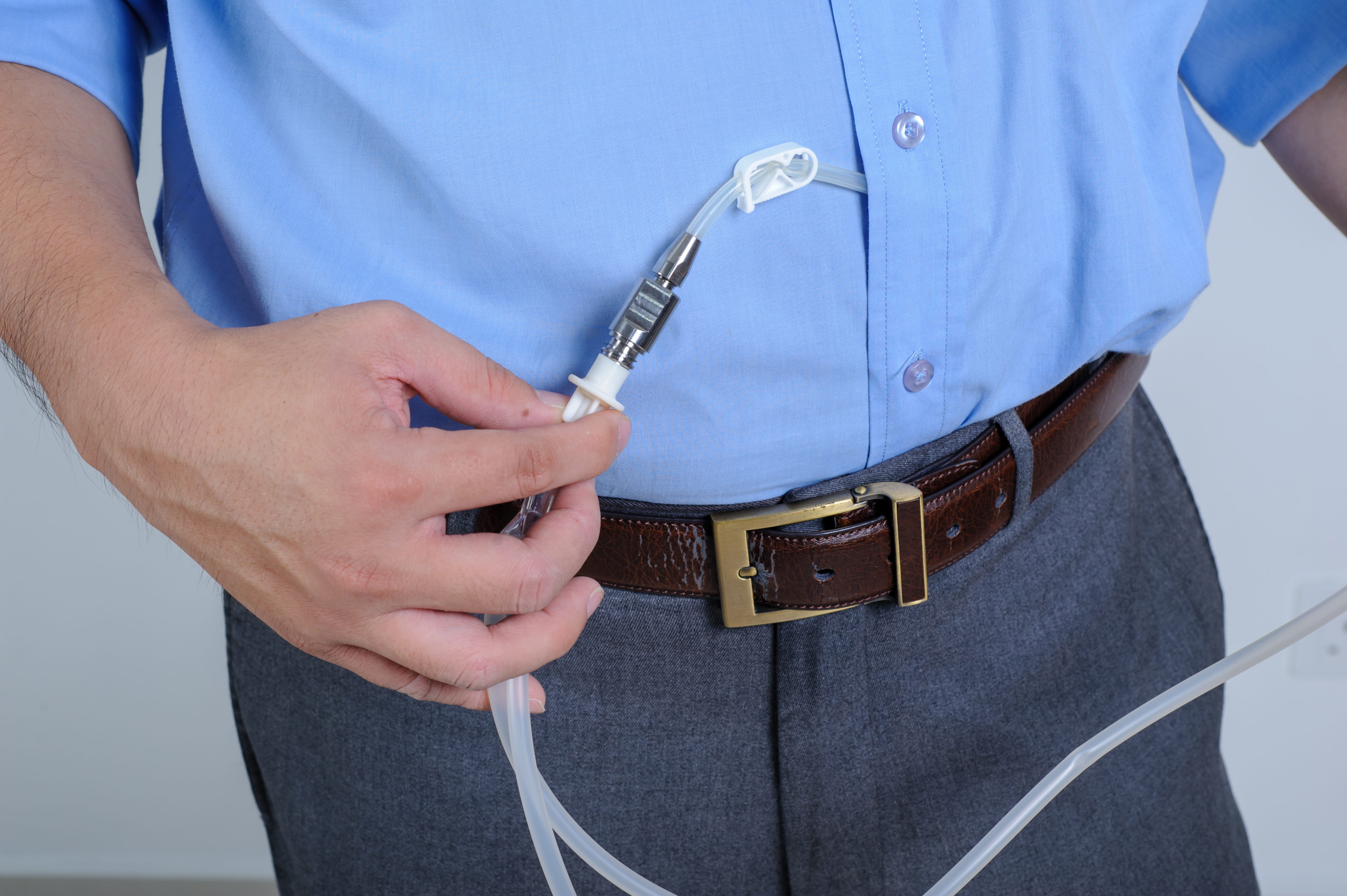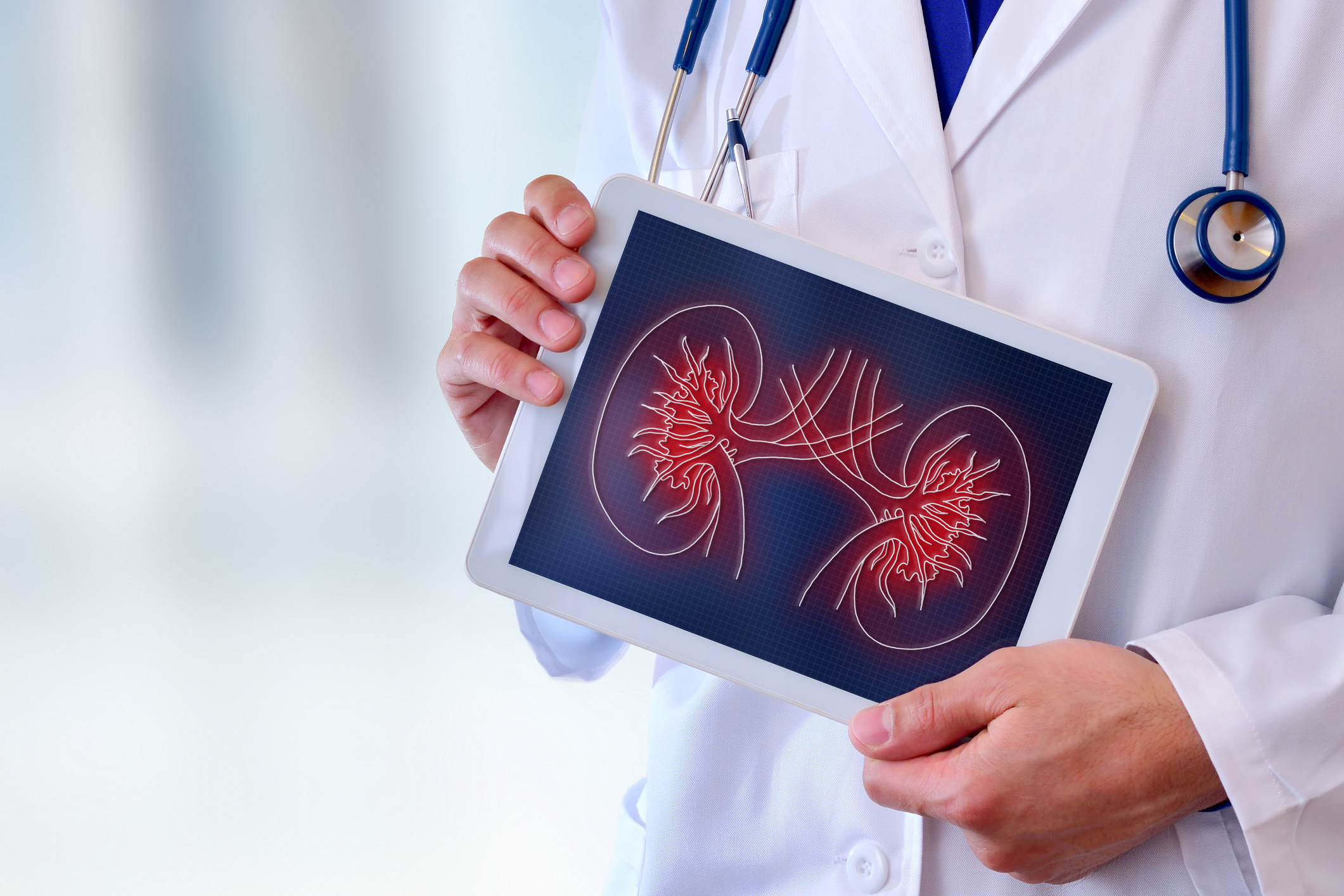Participating in a Clinical Trial
New medical treatments and products are continually being developed for people living with kidney disease. Part of the development process for high quality, scientific, and safe options is through research to test the treatment or product before it becomes available on the market. This phase of research is called a clinical trial or a clinical research project. People can volunteer to be part of a clinical trial if they meet the specific requirements for the study. You might consider participating in the research process for many reasons including if it has a personal meaning for you or if you want to [...]










